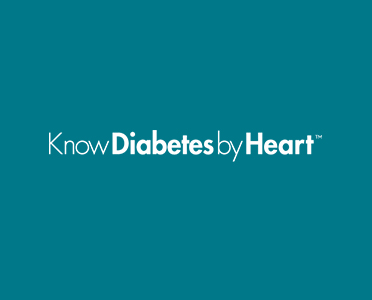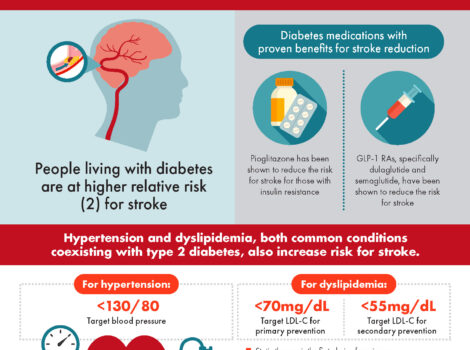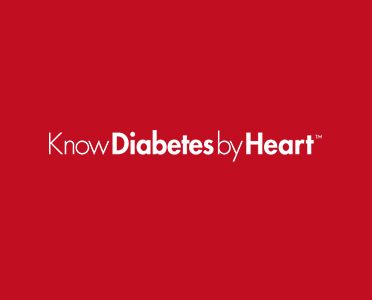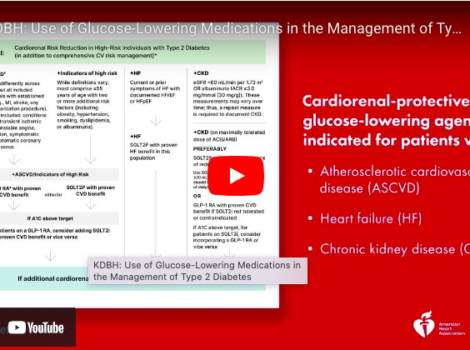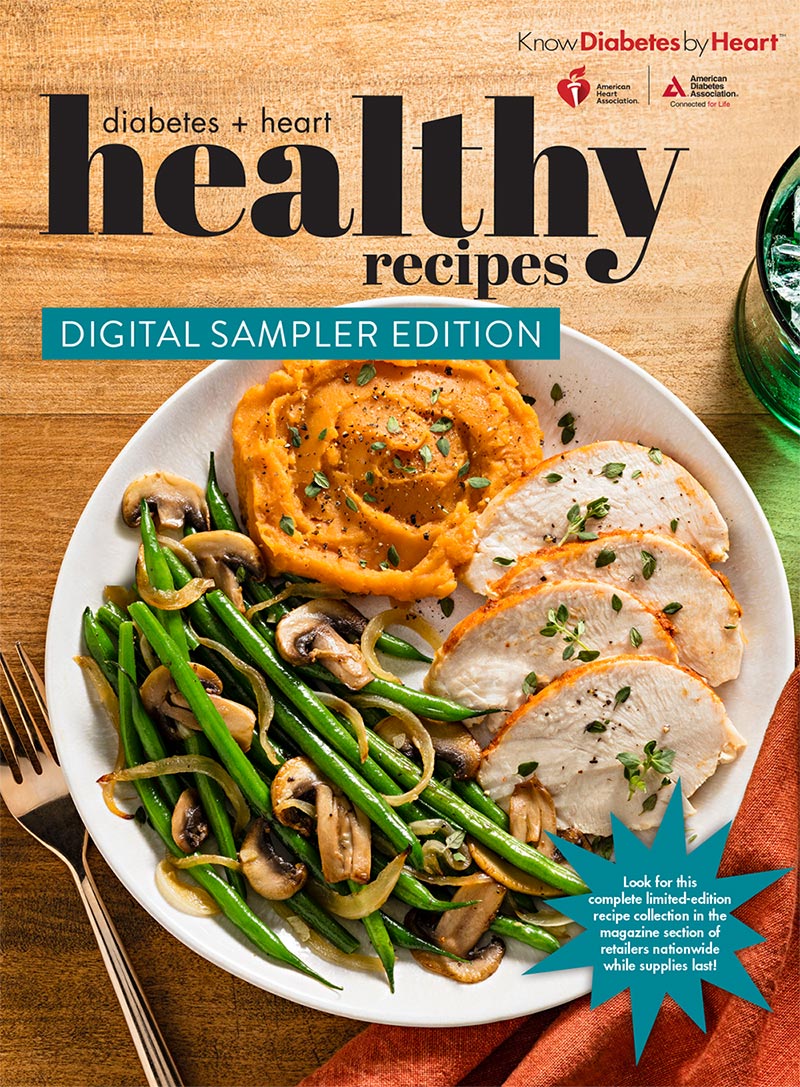Webinar
The American Diabetes Association’s Standards of Care in Diabetes—2025
Identify the ADA’s 2025 Standards of Care for classifying, diagnosing, preventing, and treating diabetes, cardiovascular disease, and chronic kidney disease.
Video
84th Scientific Sessions Recap Videos—Latest Research on CVD and Diabetes
Our videos include a recap of challenging cases from the cardiometabolic clinic and a
discussion of innovative research on CVD, type 2 diabetes and obesity.
Download
Monitoring Your Kidney Health with eGFR Tests – Spanish
La prueba de la tasa de filtración glomerular estimada (TFGe) es una forma de evaluar la salud de tus riñones.La prueba de la TFGe se realiza mediante un análisis de sangre sencillo.
E_Learning
Cardiovascular Disease in Type 2 Diabetes Advanced Course
The Know Diabetes by Heart™ Cardiovascular Disease in Type 2 Diabetes Advanced Course provides the latest lifestyle and pharmacotherapy guidelines for cardiorenal metabolic disease management.
Video
Use of Glucose-Lowering Medications in the Management of Type 2 Diabetes
When you're using glucose lowering medications to manage type 2 diabetes, a person-centered holistic approach is the standard of care for good reason. It can prevent complications and optimize quality of life.
Clinical Tools
Know Diabetes By Heart Toolkit
The Know Diabetes by Heart Toolkit is a collection of interactive resources for health care professionals to help patients with type 2 diabetes commit to a healthy lifestyle and take action to lower their risk of complications and live their best lives.
E_Learning
CVD Case Studies
During this poster series, manage a patient’s journey as he meets with his physician who assesses his health issues and develops a treatment plan for him to follow. Follow this interactive case study of diabetes and CVD and click each poster below and learn how different factors, such as medication adherence and lifestyle interventions affect Sterling’s glycemic control, CVD risk management and overall outcomes. (Content accurate as of May 2024).



